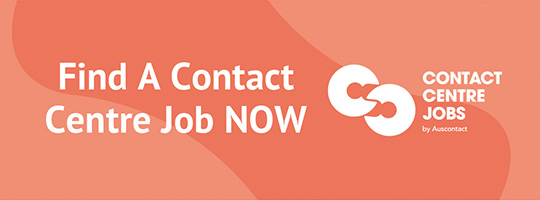In our fast-paced, hyper-connected society, the lines between digital engagement and real-life experiences have become increasingly blurred. While technology has undoubtedly brought convenience and connectivity, it has also contributed to rising stress levels and a sense of disconnection from our surroundings. Enter the concept of a digital detox—a deliberate break from technology designed to help individuals reclaim their mental well-being and foster a healthier relationship with their devices.
As smartphones and social media dominate our daily lives, the need for a digital detox has never been more pressing. Many people find themselves constantly scrolling through feeds, checking notifications, and feeling the pressure to stay connected. This perpetual engagement can lead to anxiety, reduced attention spans, and feelings of inadequacy, particularly when comparing ourselves to curated online personas. A digital detox offers a refreshing opportunity to step back, reflect, and re-establish our priorities.
The benefits of a digital detox are manifold. First and foremost, disconnecting from screens can significantly reduce stress levels. When we are constantly bombarded with information, our brains struggle to process it all, leading to mental fatigue. By unplugging for a set period, whether it’s a weekend or even just a day, individuals can recharge, enjoy the present moment, and engage in activities that promote relaxation and mindfulness. Activities like reading a book, going for a nature walk, or simply enjoying a meal without distractions can help restore a sense of calm and presence.
Moreover, a digital detox encourages more authentic connections with those around us. In a world where face-to-face conversations are often interrupted by buzzing notifications, taking a break from technology can allow us to reconnect with family and friends in meaningful ways. Without the distraction of screens, we can engage in deeper conversations, share experiences, and strengthen our relationships. This sense of connection is vital for emotional well-being and can provide support during challenging times.
For those looking to embark on a digital detox, setting boundaries is key. Begin by designating specific times for device-free activities. This could mean creating a “no phone” zone during meals or setting aside certain hours each day to disconnect entirely. Additionally, consider using apps that track screen time and set goals for reducing usage. These tools can provide valuable insights into our habits and help us stay accountable on our journey toward a healthier digital balance.
It’s also important to remember that a digital detox doesn’t have to be an all-or-nothing approach. For some, gradually reducing screen time can be more sustainable than an abrupt disconnection. Start with small changes, such as limiting social media use or designating specific times to check emails. Over time, these adjustments can lead to a more balanced lifestyle and a healthier relationship with technology.
As more individuals embrace the concept of a digital detox, various retreats and programs have emerged, offering structured environments for unplugging. These retreats provide a space for participants to disconnect from their devices while engaging in activities like yoga, meditation, and nature exploration. Such immersive experiences can foster a sense of community and support, allowing participants to share their journeys and insights with others who are also seeking a break from the digital noise.
In a world where technology is an integral part of our lives, a digital detox can serve as a powerful reminder of the importance of balance. By intentionally stepping back from our devices, we can reclaim our time, nurture our mental health, and cultivate deeper connections with ourselves and those around us. As we move forward, embracing moments of disconnection may be the key to thriving in a hyper-connected world. In this digital age, taking the time to recharge and reconnect can ultimately lead to a more fulfilling and meaningful life.










Comments are closed.